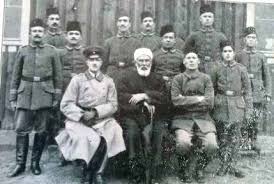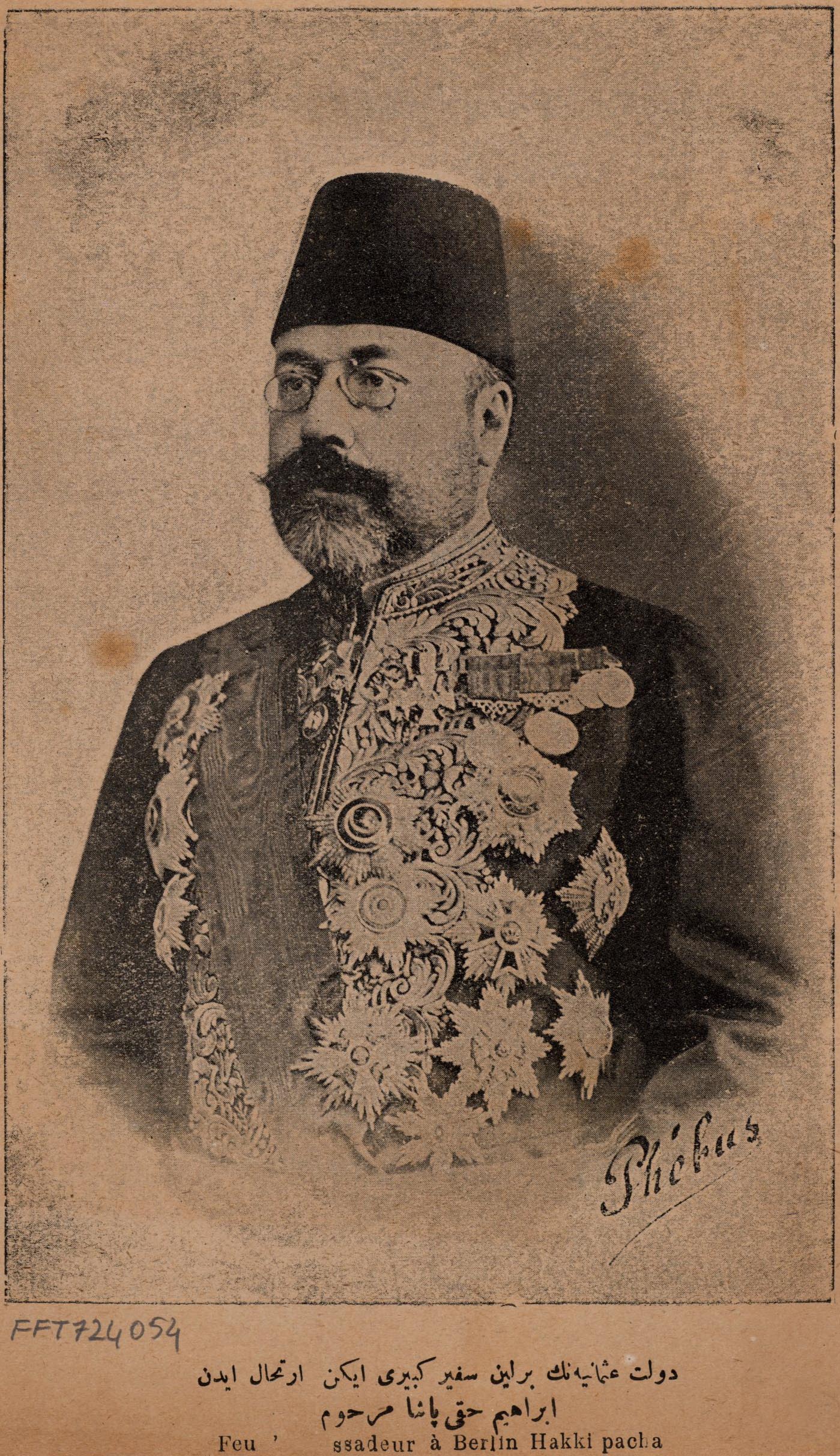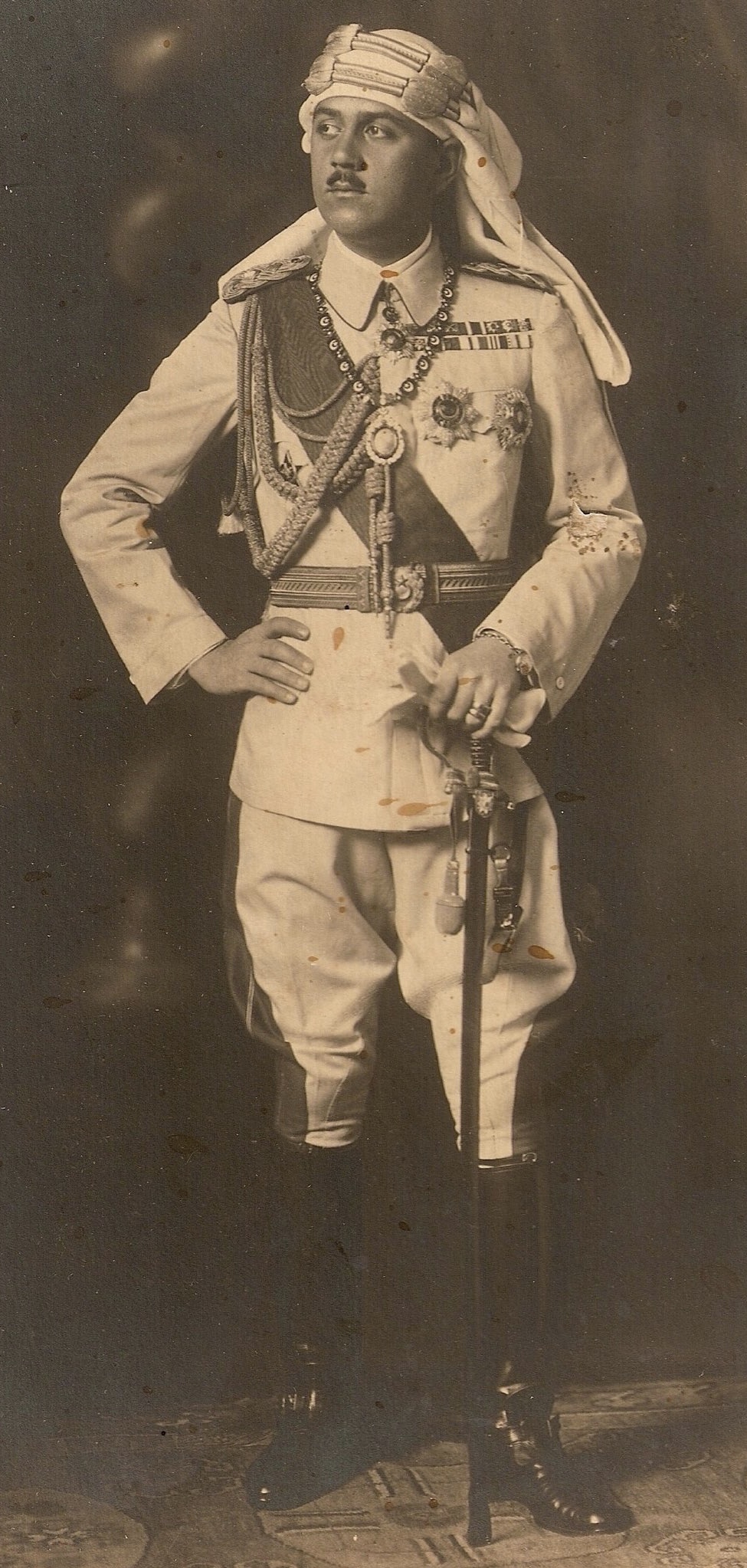//Ed. note: Not much is known about the "Asya Taburu" in
the English-speaking world, so TNT has translated an
article about the unit written by Nadir Devlet in 2015.//

When the First World War erupted in 1914, Russia mobilized, like the
other warring nations. Most of the Russian Moslems who were put
under arms in the Russian army were Tatars of the İdil clan. Until
1916, none of the other Turks of Russian Central Asia, such as the
Kazakhs, Kyrgyz, Uzbeks and Türkmens were enlisted into the army
and given arms.
Many of these Turk Tatars became prisoners of Germany and it is
estimated that there were 50,000 of them. But the Germans separated
the Russian Moslem prisoners from the other Russians and began to
put these Moslem prisoners in Zossen Weinberg (Lager bei Zossen)
camp and Hilal (Halbmond Lager) camp at Wünsdorf, both near Berlin.
We do not know whether the Germans did this with the intention of
using these Moslem soldier prisoners against their enemies, as they did
in the Second World War, but since Germany was allied with the
Ottoman State it is a very likely possibility, because Abdürreşid
Ibrahim, a Siberian Turk who was working as an agent in the Ottoman
'Teşkilat-ı Mahsusa' ('Special Organization' for intelligence activities)
soon arrived in Berlin and began to deal with the Turk Tatar soldiers
who were prisoners at the Zossen camp.
In any event, the Turk Tatar prisoners were treated relatively well,
with a mosque being opened for their use and opportunities provided
for literacy, crafts, clubs and theater activities. Concurrently, some
of these prisoners expressed an interest in fighting on Turkey's side
and they were heartily encouraged by Abdürreşid İbrahim who started
a related publication for them called "el-Cihad".
 Abdürreşid İbrahim, seated center, with Asya Taburu members.
Abdürreşid İbrahim, seated center, with Asya Taburu members.
As a consequence, the "Asya Taburu" (Asia Battalion) was formed of
Russian Moslem volunteers and they left Berlin on 7 May 1916,
arriving at the Sirkeci train station in Istanbul on 7 May 1916 and then
being billeted at the Taksim Kışlası (Taksim Barracks). The battalion
was sent to Mosul in Iraq and from there to Baghdad, ultimately being
posted in Der-ı Zor, between Baghdad and Aleppo.
On 25 November 1916, the Asya Taburu was included into a force at
Divaniye that included battalions of the 156th Regiment, an artillery
battery and a cavalry unit that was surrounded by 30,000 Arabs. In
the ensuing clash, the Ottoman force dispersed the attackers but 5
members of the Asya Taburu died and 3 were wounded. Nevertheless,
relations between the Asya Tabur and the Divaniye populace evolved
because some of the Russian Moslems had attended medresses in
Kazan, Orenburg, Urfa and Troisk and could speak Arabic well.
In February 1917, as the British prepared to seize Baghdad, the Asya
Taburu withdrew to Falluce and then to Ramadiye. Many members
of the battalion were taken prisoner by the British and 57 who were
not reached Meyavin, only with great difficulty, and another 100
joined them at Der-i Zor, where the remnants of the Asya Taburu were
assigned to protect the area from the British. But many were later
taken prisoner by the ever-advancing British forces.

In May 1918, the Asya Taburu returned via Aleppo to Istanbul, where
Istanbul Army Commander Cevdet Paşa pinned medals on them and
relieved them from duty. Of the 170 members of the battalion who
made it back to Istanbul, about 30 remained in the city, while the others
headed back to Russia. In 1920, some 400 Asya Taburu members held
prisoner by the British in India returned by ship from Bombay to
Istanbul, which was under British occupation at that time.
In the Fall of 1920, these remaining members of the Asya Taburu left
Istanbul for Crimea and joined the White Russian forces of Pyotr
Vrangel, only to die fighting against the Bolsheviks or be taken
prisoner, again.
//END of PART THREE//





